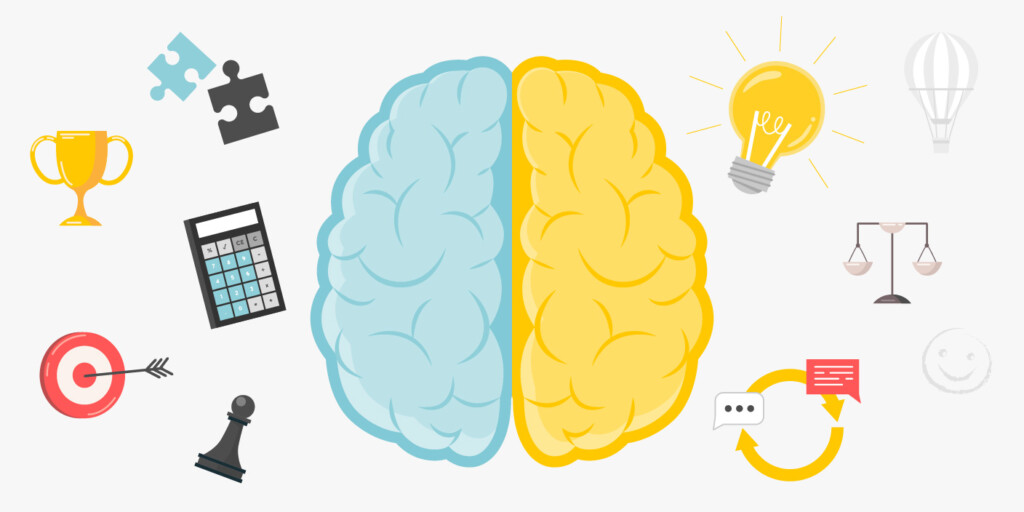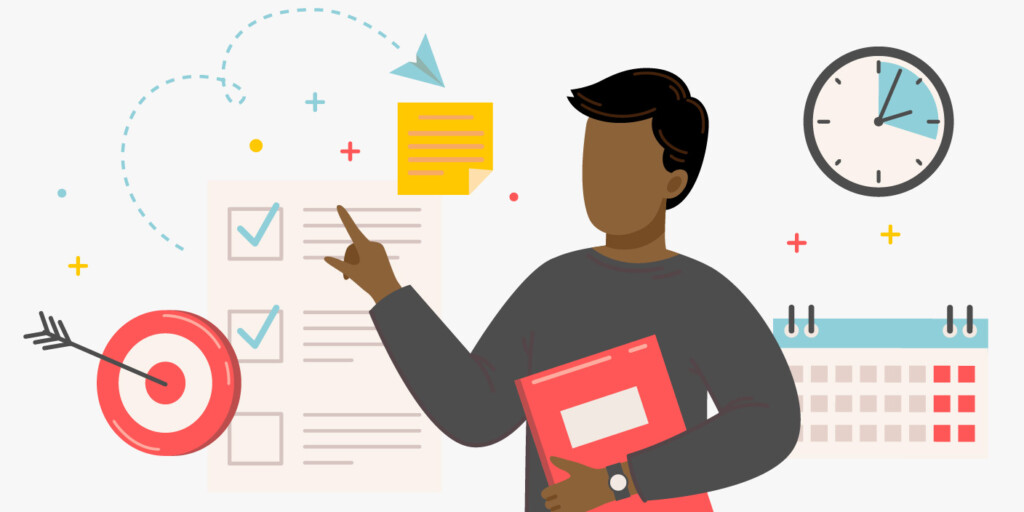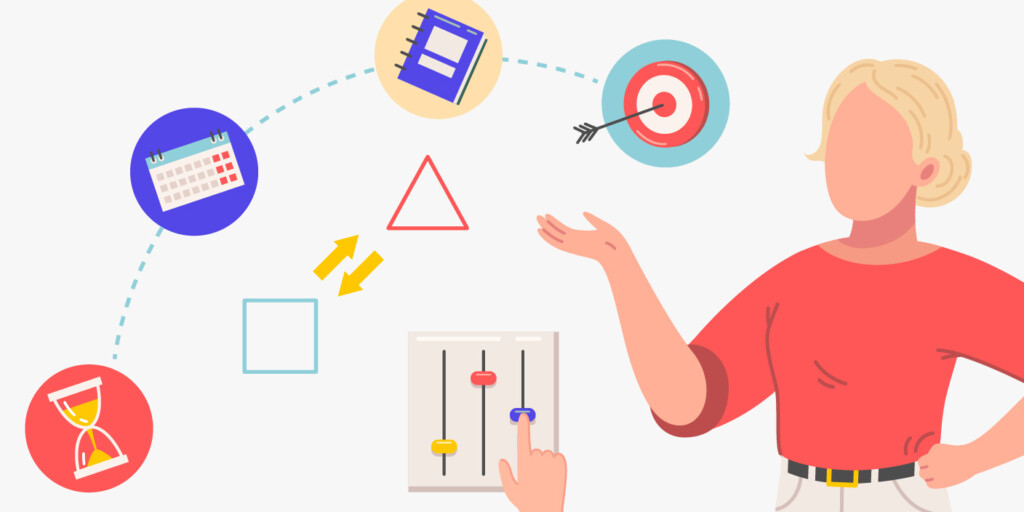

Did you know that emotional intelligence will soon be one of the top ten job skills? A study conducted by the World Economic Forum found that by 2025, emotional intelligence will be required for workers to succeed in the Fourth Industrial Revolution.
The same trend is true for trading skills. Traders who possess strong soft skills are better equipped to navigate the complex and dynamic nature of the markets. But which ones should you focus on the most? Let’s discuss.
Technical skills vs. soft skills in trading

“Hard skills will get you in the door, but soft skills will keep you there.”
Let’s start with trade skills definition. Technical skills in trading refer to the specific expertise required to analyze market data and execute trades. It includes knowledge of financial instruments, market analysis techniques, and trading platforms.
In contrast, soft skills are personal traits and interpersonal skills. They aren’t tied to a particular field; meaning, they are transferable and can be applied across a wide range of industries and job roles. A few examples are communication, leadership, critical thinking, problem-solving, and collaboration.
Essential soft skills for maximizing your potential as a trader
There is a range of soft skills that can help you make smarter decisions. But some are more important than others. Let’s explore how to become a better trader through the development of four key soft skills.
Adaptability
Adaptability is a critical soft skill for traders because of the nature of financial markets. They are constantly changing, and successful traders must be able to adjust their moves accordingly. The more skillfully you adjust, the better you become at minimizing potential losses. If you’re trading in volatile markets, like stocks, cryptocurrencies, and foreign exchange, the skill becomes particularly valuable.
Also, adaptability helps traders respond to new opportunities. Think of the opposite: traders who are rigid in their approach may miss out on emerging trends. They may even see new developments through technical analysis but don’t have the capacity to capitalize on them.
Time management

Here is another reminder that the financial markets are fast-paced and constantly changing. There is new information and opportunities emerging all the time. Where good time management comes with the ability to prioritize tasks. Traders with this skill can also effectively manage their workload and make the most of their time to achieve their goals.
Effective time management is essential for maintaining a healthy work-life balance. The demands of trading can be intense. And if you can’t get things done in time, you’ll find yourself working long hours, feeling overwhelmed, and experiencing burnout. That may lead to an untimely end of your career.
Another great benefit of good time management is better decision-making. For example, a trader that allows enough time for research is less likely to make a poor investment choice that results in significant losses.
Emotional intelligence
Trading activities can be highly emotional and stressful. So being able to manage your own emotions and understand the emotions of others can be impactful to your success.
As anticipated, traders with emotional intelligence are better able to regulate their emotions. They can stay calm in the face of market fluctuations, uncertainty, and risk. Therefore, rather than letting their emotions cloud their judgment, they stay rational and strategic. Emotional intelligence is also responsible for better stress management, which translates to better overall performance.
Additionally, emotionally intelligent traders are better at gauging investor sentiment. They can pick up on subtle changes in sentiment and anticipate how they may drive the asset price.
Resilience
The ability to bounce back from setbacks and failures partially determines your success in the trading world. The financial markets are inherently unpredictable, so you will most likely encounter obstacles and losses at some points. But should it stop you from trying again? No.
Resilience means that rather than getting discouraged or giving up, you stay motivated and focused. Even more, it means maintaining a positive outlook. As a bonus, it will have a ripple effect on the people around you – you’ll be inspiring others to maintain their drive and determination in the face of challenges.
Why soft skills play a crucial role in your performance

“Business ultimately is about people, and your success as an investor will depend on your ability to understand human nature, empathize with individuals, and build relationships based on trust and mutual respect,” said Howard Marks, co-founder of Oaktree Capital Management.
Soft skills affect your performance in any profession, including trading. Sure, you may know a thing or two about chart patterns and indicators, but how will you behave during a recession or political conflict? It’s the soft skills that will help you navigate various situations, from the best to the worst.
In truth, traders need to have a balance of both technical and soft skills to maximize their potential. But this article highlights soft skills because they are often overlooked or undervalued in trading. They may be less tangible and more difficult to quantify than technical skills, yet they still affect your performance.

How to develop trader skills
This section features some tips and strategies to help you develop your soft skills. Whether you’re a beginner or an experienced trader, there is something to learn here:
- Practice mindfulness – Try to be present and fully engaged in the current moment. This will help you remain focused and in control of your emotions.
- Cultivate a growth mindset – This refers to the belief that you can improve your skills and abilities through hard work and dedication. Such a mindset builds resilience and perseverance through difficult trading situations.
- Learn from your mistakes – When (or if) you make mistakes, use them as an opportunity to learn and improve your skills.
- Keep a journal – Planning your sessions and keeping tabs on all trades will help you stay organized and make the most of your day. You’ll also know where you are spending too much time or wasting time.
- Practice self-reflection – Consider setting aside time each week to reflect on your trading performance. The areas where you struggled will be informative for both your technical and soft skills.
Perhaps you don’t have all the skills now. However, what matters is the commitment to continuous improvement.
Conclusion
While technical expertise is important, possessing strong soft skills – adaptability, time management, emotional intelligence, and resilience – can make all the difference. Perhaps what makes a good trader is understanding the emotions that drive market behavior and being able to bounce back from setbacks. Well, the truth probably lies in the middle. You need a solid combination of skills and traits to succeed in the financial markets.
Sources:
Adaptability in the workplace: benefits and importance, Indeed
Time management at work — why it’s important and how to get started, Adobe
How emotional intelligence can improve your productivity, Entrepreneur
New positive perspectives on productivity and resilience, Implement Consulting Group









